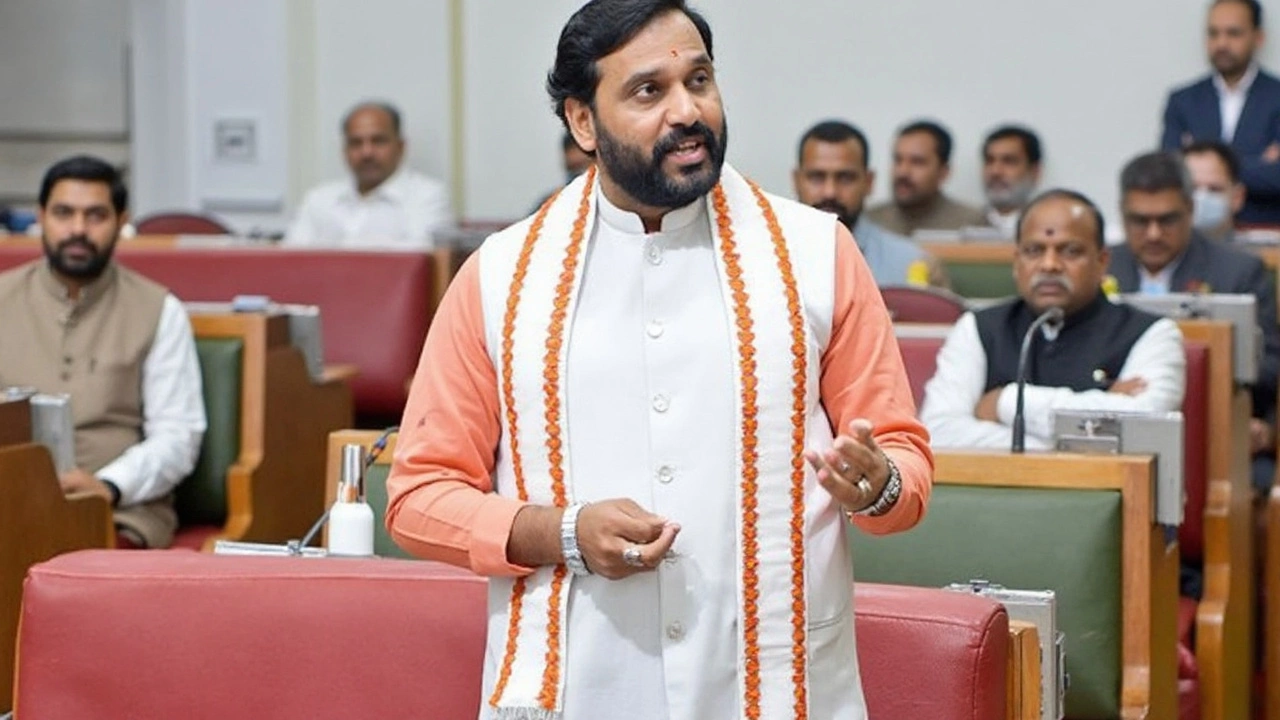Haryana's Massive IAS Reshuffle Shakes Up Top Bureaucracy: Ashok Khemka Leads Transport Department

Haryana Overhauls Bureaucracy with Wide-Ranging IAS Transfers
The Haryana government just sent shockwaves through its administration by moving a staggering 44 IAS officers in one go. This reshuffle, rolled out on December 2, 2024, is turning heads for its size and the big names involved. Haryana IAS transfers rarely make this much noise, but this one stands out for its scale and who got moved where.
The spotlight landed squarely on Ashok Khemka, a 1991-batch officer with a reputation for integrity – and controversy. He’s spent years bouncing between departments, often finding himself in posts seen by many as 'punishment' roles after clashing with political bosses. But this time, he’s been brought out of the shadows, taking charge as Additional Chief Secretary of the Transport Department. The move pushes out Navdeep Singh Virk, a 1994-batch IPS officer who’d been moonlighting on the transport beat, and puts Khemka at the center of a sector plagued by challenges like road safety, public transport modernization, and vehicle regulation. It’s a tall order, but people familiar with Khemka’s track record expect turbulence – and accountability.
Another headline-grabbing change is the new posting for Sumita Misra. She's swapped her previous job for a weighty assignment as Additional Chief Secretary in charge of the Home Department. This position is considered the administrative nerve center of the state, overseeing policing, law and order, and coordination with agencies. Her predecessor, Anurag Rastogi, exits a space where policy meets crisis nightly – so all eyes will be on how Misra navigates a high-pressure, high-visibility turf.
High-Profile Shifts Across Government Departments
But it’s not just the top two who have new business cards. The administrative reshuffle has placed Anand Mohan Sharan (another 1990-batch heavy hitter) at the helm of the Forests Department, a job that comes with its own headaches as Haryana's green cover faces pressure from expanding cities and changing climate. Similarly, Vineet Garg (1991 batch) moves over to Higher Education, an area under constant public and political scrutiny, especially with job-hungry youth agitating for more career pathways and quality improvements in universities and colleges.
A K Singh (1991 batch) has been planted in Town and Country Planning, a role that touches on everything from urban sprawl to the real estate market and zoning conflicts. In a rapidly urbanizing state like Haryana, those issues aren’t just paperwork—they shape how cities look and how people live. D Suresh, meanwhile, is taking up the reins in Industries and Commerce, which means dealing directly with the state’s push for investment, job creation, and a friendly climate for business as Haryana tries to compete with economies like Maharashtra and Gujarat.
There’s even cross-department shuffling with Rajeev Ranjan, who now holds the Principal Secretary’s title for Fisheries but will also double up with additional charge of the Labour Department. This tag-team approach usually signals either a crunch in leadership talent or a calculated bet to streamline two related areas. With unemployment and migrant labour hot topics, whoever sits in this seat will have little time to settle in before the next crisis hits.
People within the administration and those tracking government jobs know that transfers like these aren't just about moving names around. They change which policies get pushed, who gets a chance to shine, and sometimes whether big promises turn into visible changes on the ground. There’s often political calculus behind each posting: some officers find themselves rewarded for loyalty or recent results, others snubbed due to fallout with ministers or high-profile disagreements.
For Haryana and its over-burdened bureaucracy, this isn't just a game of musical chairs. The effects will ripple through every office, police station, classroom, and city for months to come. Every new officer brings their own network, priorities, and management style. With Ashok Khemka and other big names off the sidelines and in the game, the state’s administrative landscape is wide open—ready for fresh challenges, fresh controversies, and, maybe, a few fresh starts.